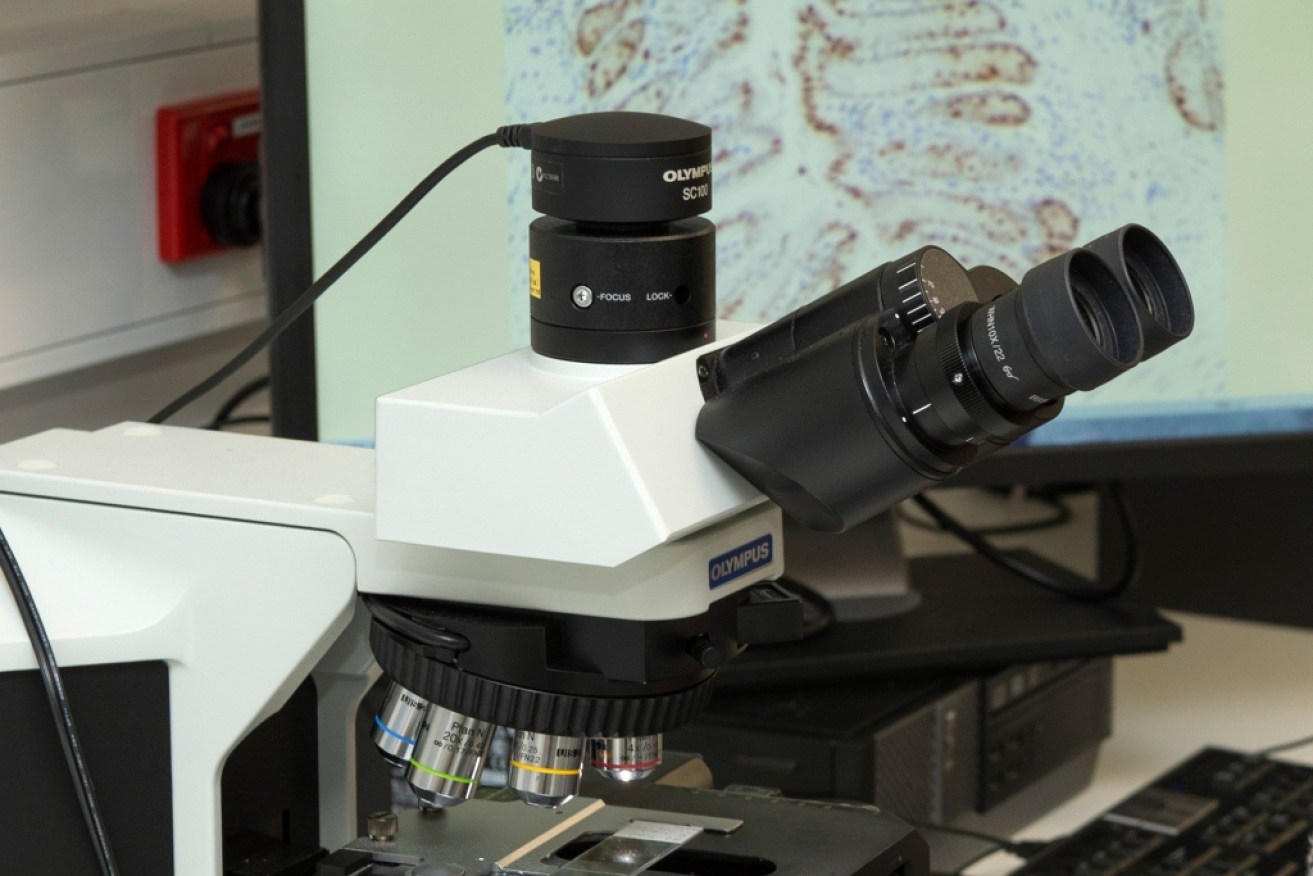
Web tool predicts bowel cancer risk

The lengthy process of colonoscopies and microscopic analysis are being undertaken by some people who don't need them them, and not by others who do.
A new web based cancer risk assessment tool from the University of Melbourne, being presented at next week’s Primary Health Care Research (PHRC) Conference in Adelaide, is battling bowel cancer by identifying who is most likely to develop it and recommending appropriate screening.
The PHRC conference, at the Adelaide Convention Centre from 29-31 July, is being hosted by the Primary Health Care Research and Information Service at Flinders University.
Dr Jennifer Walker, from the University of Melbourne, said a significant number of Australians would develop colorectal cancer, and that early detection was one of the best ways to head off the problem.
Unfortunately, Dr Walker said that many Australians at average risk of bowel cancer were having unnecessary colonoscopies rather than the cheap and effective faecal occult blood test, while others at higher risk weren’t having colonoscopies at all.
“About one in 21 Australians is likely to develop CRC during his or her lifetime, with the risk increasing from the age of 40 years and rising sharply and progressively from the age of 50 years,” said Dr Walker.
“Screening for CRC based on risk is one way to increase early detection of premalignant disease and therefore prevent the development of CRC. Appropriate screening is important to ensure the right screening method is used to reduce any harms from over screening with colonoscopy.
The Conference presentation was the winner of the Australasian Association for Academic Primary Care (AAAPC) Most Distinguished Paper Award, and will be presented as part of the AAACP Plenary at the Conference.
“Development of the prototype tool, ‘CRISP’, is part of a program of research (the NHMRC Centre for Research Excellence: Optimising colorectal cancer screening in primary care) which is a collaboration between multiple research groups to develop and validate a predictive risk model for CRC and produce a tool that can incorporate the risk model, which can be implemented successfully within primary care,” said Dr Walker.
The prototype tool was piloted with general practitioners, practice nurses and practice managers.
“CRISP has been developed to determine an individual’s absolute risk of CRC and provide screening advice based on the calculated risk,” said Dr Walker. “The tool is web based and is designed to be used by a GP with patients in the context of a consultation.
“Our next phase is to trial the implementation and evaluation strategy for using the CRISP tool as standard practice in the Primary Care setting.”
The PHC Research conference is run by the Primary Health Care Research and Information
Service (PHCRIS) based at Flinders University, which has been funded by the Commonwealth
Department of Health to support primary health care research for the past 20 years.




